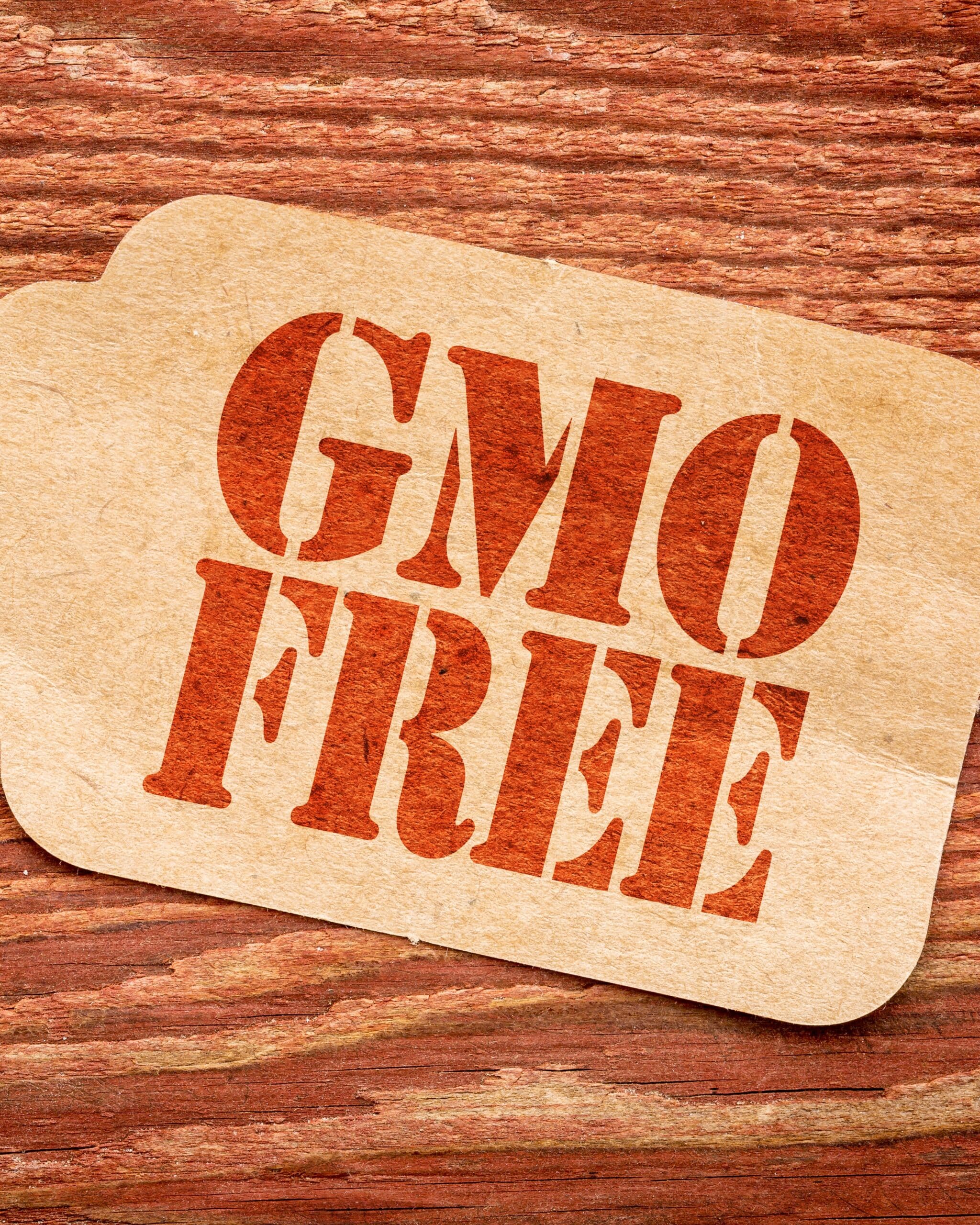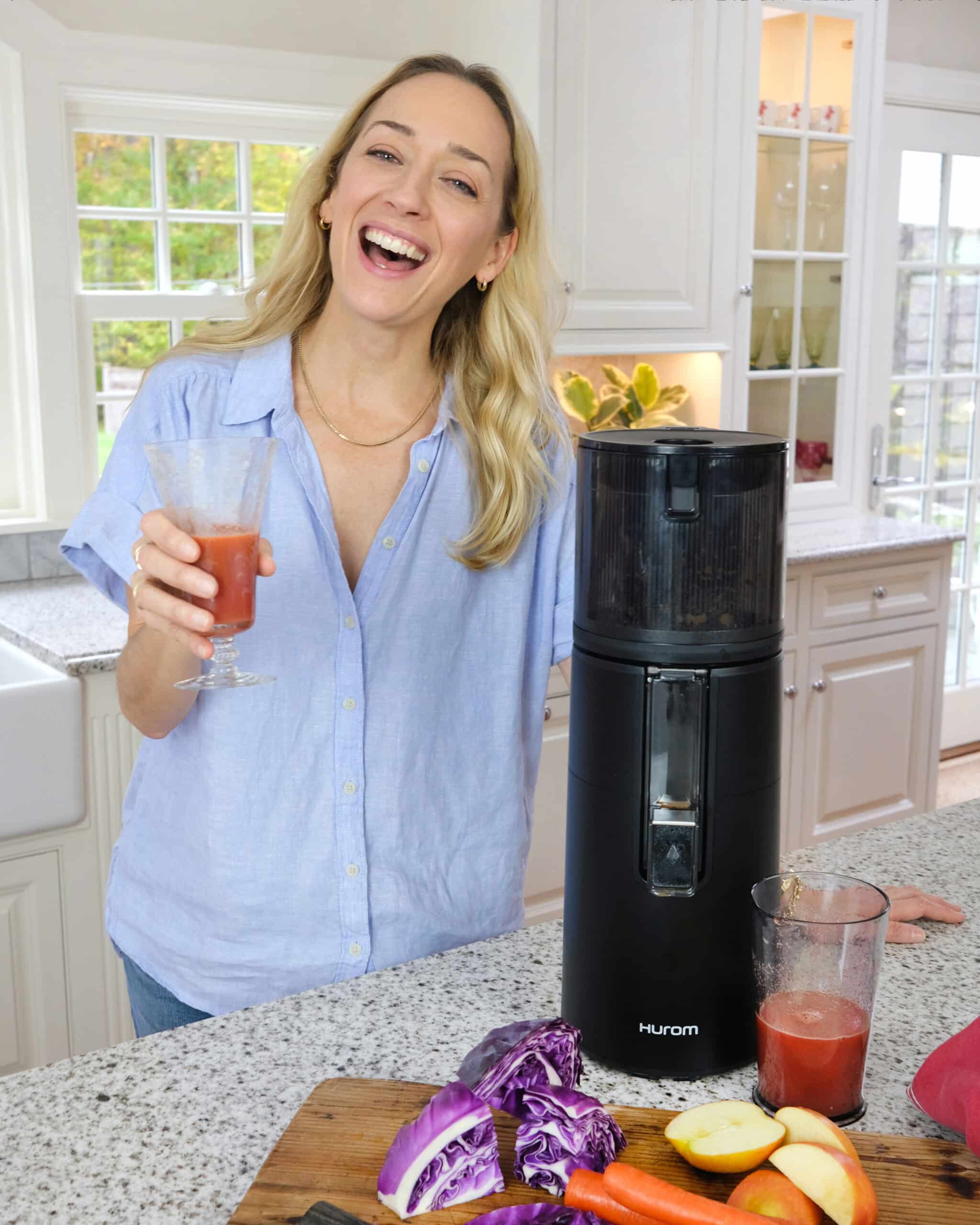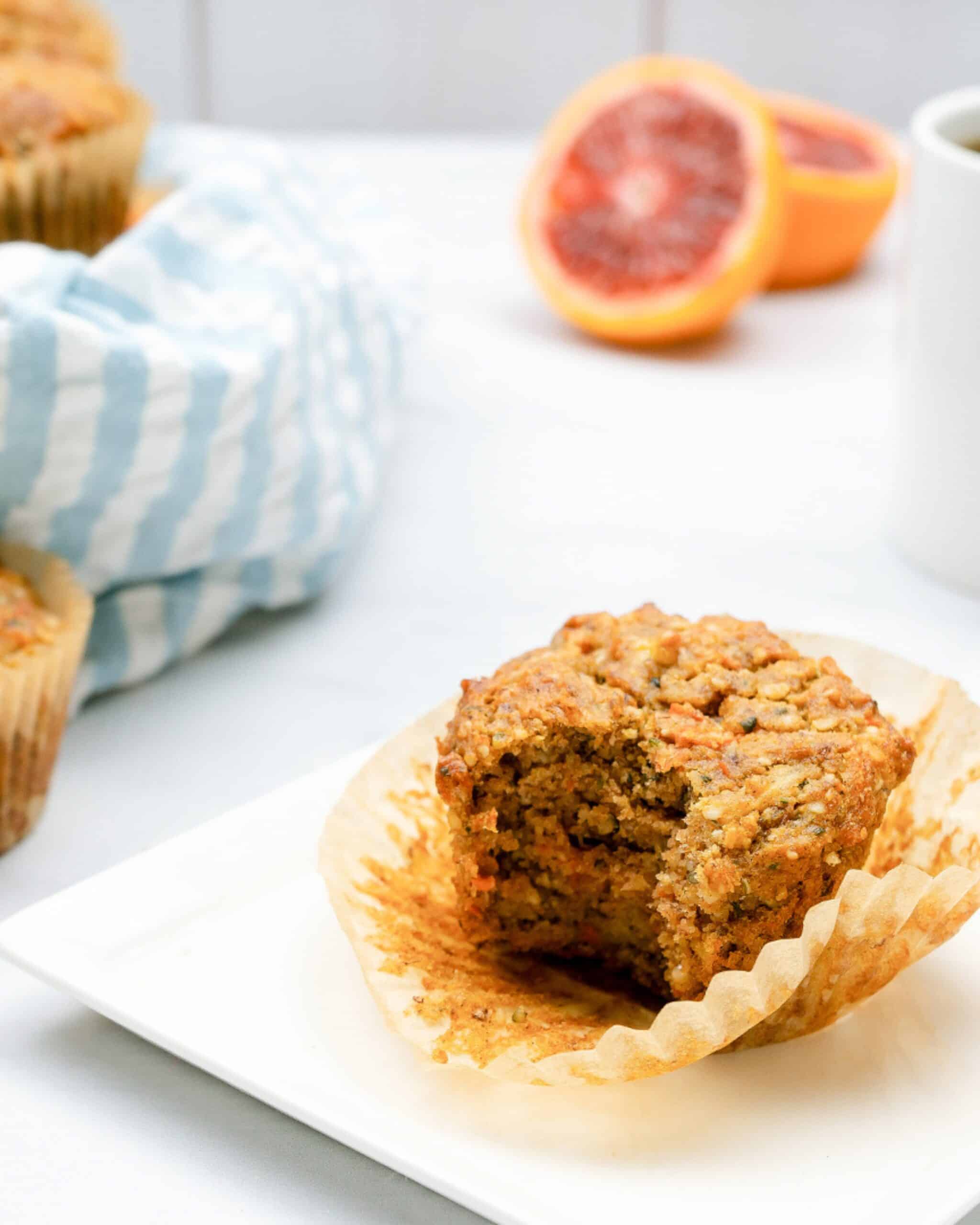Hiya Food Sleuths,
Understanding food labels is an essential part of making sure you’re getting the safest and healthiest food possible.
Thankfully, more people are demanding to know what’s on their plates and how it’s produced. We’re no longer staying silent or blindly trusting that food companies or our government have our backs.
We want to understand what foods have been heavily sprayed by pesticides and how these chemicals can damage our health. We want to know about hormones in milk, antibiotics in meat, preservatives like MSG in our veggie burgers and sugar in our whole grain crackers. And we really want to know which crops are genetically-modified (GMO’s) so we can make our own choices.
If we want the full story behind all those stickers, stamps and seals, we have to continue to educate ourselves, put on our detective hats and shop smart.
It’s unfortunate, but the food industry doesn’t always want to tell you what goes on behind the scenes because it may not be very appetizing—for your tastebuds, your values, or your health.
Why Food Labels Impact Your Health
Prevention rocks, and as you all know, eating well is a huge part of staying well and living long. Recent studies are showing that foods in their natural state and those not treated with chemicals and pesticides are often richer in cancer-fighting antioxidants and nutrients (study). And although it will take more time to fully comprehend the long-term effects of things like GMOs, pesticides, and food additives, research is showing that:
- Dairy cows given rGBH produce milk with 6 times more Insulin-like growth factor 1 (IGF 1) (study here). IGF 1 consumption increases risk for prostate and breast cancers (meta-analysis here).
- Antibiotics given unnecessarily to livestock results in harmful antibiotic-resistant bacteria in the meat such as salmonella, campylobacter, and E. coli. These superbugs cause hard-to-treat foodborne illnesses and infections in humans.
- Pesticides that make their way into the food system (produce, animal products, etc.) are very difficult for our bodies to break down. We store these toxic compounds in our body fat, where they accumulate over time. This toxic load can lead to damaging health implications. For example, pesticides in meat and dairy such as beta-h and mirex have been shown to elevate a woman’s risk of developing endometriosis by 70% (study here).
- Genetically Modified Organisms (GMOs) may be responsible for the increase in cancers, immune diseases, and other health issues (study).
- Preservatives such as nitrates may cause cancer (EPA childrens’ risk assessment summary here, EPIC study here).
- Consumption of High Fructose Corn Syrup (HFCS) (present in everything from store-bought drinks and nut butters to salad dressings and crackers) increases levels of triglycerides, LDL (bad) cholesterol, and Apolipoprotein B, all risk factors for heart disease (study here).
The Standards Behind Food Label
The “Regulation” of Food Labels
Although the FDA regulates much of what you see on food labels, it doesn’t mean you can take these labels at face value. The FDA’s regulation includes the name of the food, which nutrients are displayed in the Nutrition Facts, and the legitimacy of certain health claims. However, some words and health claims on food labels are only loosely defined or not regulated by the FDA at all, which can make food product labels incredibly misleading.
As a consumer, you don’t know which labels are tightly regulated by the FDA and which are not. “Low fat,” for example, is strictly defined by the FDA as less than 3 grams of fat per serving, and “low cholesterol” must mean that the food has less than 20 milligrams of cholesterol and 2 grams of saturated fat per serving. But very little justification is needed when it comes to slapping a label on a product like “natural,” “healthy,” “helps a healthy heart” or “supports the immune system.”
Let’s take a closer look at this gray area of labeling. A food label can contain the term “natural” as long as the food doesn’t contain added colors, artificial flavors, or synthetic chemicals, and is minimally processed. That food can still be treated with antibiotics, growth enhancers and other additives while it’s raised or grown. And when it comes to using the word “healthy,” the only requirements are that it must be low in fat and cholesterol. But this “healthy” product can still contain gobs of sugar or HFCS. Do these food standards sound natural or healthy to you? Nope.
You may think that if your health is at risk, the FDA has your back. Unfortunately, this just isn’t the case. The overuse of antibiotics in livestock and the existence of superbugs is an example of this. While the FDA knows about the potential for superbugs in meat and provides guidance documents on best practices to limit antibiotic overuse, it does nothing to regulate these practices or communicate their existence on a food label.
This is also the case with bioengineered foods (genetically engineered (GE) foods and genetically modified organisms (GMO) fall into this category). A bioengineered food doesn’t have to be labeled as such, as long as it basically cooks the same, has about the same nutrients, and doesn’t contain added allergens. Again, these kinds of policies are leaving consumers in the dark and giving food companies the upper hand when it comes to selling their products.
Food Label Progress
Before you get too bummed, there’s some good news for consumers when it comes to labeling policy and regulation. States are taking action to require that genetically engineered foods be labeled, period. If you feel passionately about your right to know about GMOs, get involved in your state (and make sure to vote!). To see which states are doing this, go here.
Since you can’t rely on the FDA to force companies to fully disclose what’s in their products, it’s crucial that we all learn what labels we can and cannot trust. Thankfully, 3rd party organizations have created a variety of food labels that tell the full story. Several awesome organizations (independent of the FDA) grant specific certifications to food producers for their foods. “NON GMO Project Verified,” and “Animal Welfare Approved” are just a couple examples of these.
Label Decoding to the Rescue!
So now you may be wondering how to start shopping the smarty pants way. No problem, I’ve got ya covered!
I’ve researched some of the most trustworthy and deceptive labels—whether you’re a vegan, vegetarian or omnivore. My guide starts out with a quick reference sheet broken down by food category for easy access on-the-go. Each category lists the labels to “look for” and “be wary of” at the store. I’ve also included a glossary of label definitions to help you deepen your knowledge.
Keep in mind, that sometimes foods without labels may actually meet the requirements you’re looking for, but the companies haven’t gone through the hefty inspections necessary to receive official certification. This is especially likely with smaller food companies, so it may take a phone call to your favorite food folks to figure out what’s going on behind the scenes.
Now it’s your turn. Do you have any tips for reading food labels or any other questions I can try and answer in future blogs?
Peace & transparency,




I got a 917 error when I tried to sign up for your printable Cheat sheet for food labels.
When I try to get the reference sheets, it just says error??
Hi Kris,
You are so right on with your message! I appreciate your detailed list of how food labels impact health.
I am inspired by your energy and advocacy to turn people on to a healthy lifestyle.
My husband and I recently posted on our blog, “Food Labels: Are You Blissfully Ignorant or Well Informed?”.
–“We take charge of our health by focusing on selecting foods that support a healthy lifestyle. We are very mindful of all the foods we eat. It’s not obsessive, it’s conscious. We each get only one body and ought to do our best to take good care of it. Generally, we follow a simple rule: we don’t eat it if we don’t know what’s in it. Just because something may look wholesome or be touted as wholesome, don’t assume it contains all wholesome ingredients. Ignorance is bliss, especially when it comes to processed or unlabeled prepared food. Artificially induced bliss, however, does not equate to good health.”–
Thanks again and happy holidays!
Carrie
It is kind of confusing to me because I have all this good information but I can’t put it into a good piece. I have been prewriting for 2 weeks and I still don’t have a rough draft.
It sounds like you are gathering lots of different ideas in your Word doc. I do that on different sheets of paper in my notebook. Have you thought about what you’re going to do next? I sometimes make copies of my different ideas and then cut out the different ideas and move them around till I get what I want. What are you thinking of trying?
Excellent information about food labels Kris,
by the way I am signing up to your newsletter 🙂
Hi Kris,
Thank you so much for all you are doing for all of us to keep us as healthy, knowledgable consumers. I have your books, signed up for emails and follow you on FB. Your smiling healthy glow gives me the courage to do all I can to eat the right foods and to do battle with the supermarkets, indeed it is a super sleuthing job to say the least. I wanted to print the Food Labels Cheat Sheet but the site doesn’t take me to where I can do so. I keep signing in, but no luck. Would you be so kind to help with what I may be doing wrong?
Thank you dear girl and keep blessing us with your strength.
Love,
J.
Hi Kris!
I admire everything you do & stand for – your spirit, your passion, your message. I moved from N.Y. to FL. last year & launched my health coaching business. My most sought-after workshop is called “Fable of Labels.” I love helping people decipher the code. Also, my husbands family is from a long line of food manufacturers & the deception that goes on is despicable. He is no longer in the business. I am also taking on the personal care & cosmetics industry – just gets me CRAZY! LOL
Love Ya Kris,
Linda Celauro
Thanks Linda! x
Another super helpful guide Kris! Very much appreciated. I was surprised to learn that organic means a number of different things as well. Here are the clarifications:
“USDA Organic” or “Certified Organic” means the item must have an ingredients list and the contents should be 95% or more certified organic. The remaining 5% may only be foods or processed with additives on an approved list.
“100% organic,” means all of the ingredients must be organic.
“Made with organic,” means that the ingredients must contain 70% or more organic ingredients, and the USDA seal cannot be used anywhere on the package.
Thanks again for a fantastic resource!
Yup … I make the 3 classifications of Organics clear to everyone in my workshops & in my new book “Healthy Eating Manifesto.”
I wrote it because so many people in my lectures wanted to have my notes, so I just put it all together.
Best,
Linda
Thanks Matt and great points!
Thank you so much for this. Even-though its mean going to the store with a book..I don’t care I’m gonna do it. This is so important.
Hi Kris,
Thank you for doing so much research to convince and make people, who otherwise wouldn’t be, aware of the food situation in North America.
I feel very strongly about modified oils. They can fall under several names; hydrogenated, partially-hydrogenated, vegetable-oil shortening. They are found in many processed foods like; cookies, cakes, boxed cake-mixes, wraps, icing, frozen pie crusts, pudding, spreads (like Nutella), crackers, candy, chocolate bars, breads, peanut-butter, the list goes on. I recently found it on the label of a jar of almond-butter from a well-known natural food company!
Modified oils are so dangerous because the human body cannot break them down! They stay with you always, by adhering to your organs and clogging your arteries. I’m worried that the general population has no idea about these harmful oils, as most people I talk to about this are completely unaware. I am in utter shock about how prevalent this is becoming. I’ve been aware of these detrimental oils for 10+ years (I first read about them in ‘Nutrition Action’, a non-profit, food-health information and research magazine) and have done a fair amount of research on them. There are many countries around the world that have completely banned them from their food supply, yet they are becoming increasingly prevalent here!
I have two sons and don’t let them eat anything with modified oils, but Halloween just passed and it’s so difficult to have to throw out more than half of their loot! They understand because I
tout food health all the time-but it’s the fact that the holiday geared towards children is fueled with poison! Of course sugar and a lot of those other ingredients are awful too but in small amounts, I bite my tongue. I’m worried that we will have a generation having heart-attacks in their 20’s. That may sound extreme to some, but there are many people who are not aware and feed their children (and themselves) a diet full of this stuff! As it’s becoming more common and it cannot be burned off by exercise and proper diet (as other fats can) or broken down by our bodies, I believe it’s a legitimate concern. They are already playing a ‘silent’ large part in heart-attacks and strokes now. People just don’t know!
Two of my sister’s co-workers each had a jar of peanut-butter in their desk drawers, as a quick & healthy snack. One had a jar of Kraft, the other Skippy. They were both shocked and appalled to learn the danger of hydrogenated oils and that their ‘healthy’ snack contained them. Needless to say,they got rid of them and were grateful for my sister informing them and have since stopped consuming modified oils in all their foods! Every person who discovers this information is shocked that it’s legal and thankful for the knowledge and wants to spread the word to their friends and families.
Well, I hope that this helps even a few more become aware and spread the word. I’m at a point where I’ve jokingly told my husband and friends that I’m going to picket against these oils outside of grocery stores to help make people aware ( but I’m not really joking!). I think we all need to schedule meetings with our political representatives to make this change happen!
Thanks Kris, for providing this forum.
P.S. Any mothers who want the short-list of the Halloween candies I had to throw out this year: Mars bar, Coffee Crisp, Wunderbar, Mr.Big, Oh Henry, Babe Ruth, Caramilk, Crispy Crunch, Skor, Twix, Kit Kat, Hershey’s Cookies n’Cream, Hershey’s Caramel chocolate bar, Reese’s pieces, peanut M&M’s, Whoppers, Tootsie roll (every flavour), Tootsie roll pops, Twizzlers (every flavour), Nibs, Skittles, Kraft caramels, Werther’s soft caramels, any of ‘taffy’ type treats(all brands), Ritz mini cracker sandwiches.
The list gets longer every year, last year peanut M&M’s were fine, two years ago Twix and Kit Kat were! Just be diligent and check every label. Also, every year for Christmas my sons ask for a Terry’s Chocolate Orange, as of last year they had added hydrogenated oil to that too! Grr…
Dear Cris and Kris
Are heated oils such as sunflower oil considered modified oil i.e. non hydrogenated but still not a good oil like and EVOO?
Thank you.
Lots of people do know how dangerous it is but don’t really care. They also know how sugar is bad for them and for their kids and still filling their kids lunch box with sugar. Its too much hustle to live healthy, apparently.
My daughter and friends trick o treat for dry food to give to the local food bank instead of sweets.
They still got some candy that later on went to the garbage. Also I was glad to see that people gave stickers instead of candy.
Its like never gave up and never surrender for me.
hi kris,
when i was at the raw food institute i heard a lecture that stated the gmo free label was a good thing to look for. someone in my family purchased garden of eating tortilla chips. the package has the gmo free label… but in the ingredients it says organic corn, but not organic oil, just expeller pressed canoloa. from what i understand canola is a gmo product. what are your thoughts on this?
thanks!!!!
I would email the company and ask them.
Thank you for putting your time and energy into this type of research!! I am very grateful for individuals like you who share the concern of shady food labelling and the inefficient (or lack of) regulations for them. It’s not an easy task trying to be an informed consumer because the information out there is overwhelming, misplaced or hard to access, ultimately making it exhausting and too time consuming to make yourself well-informed. I know I’m preaching to the choir, but I just want to express my thanks for taking a weight off of my (and others’) shoulders. PLUS, this is an easy article for my husband to read quick to help him understand my concerns (sometimes I think he thinks I’m just plain crazy). 🙂
Have a great holiday Kris!
You are so welcome Melissa. 🙂
Thank you so much for all this information. The timing is spot on as my family asked me to do a little presentation on foods and help them eat better and shop better! This is awesome! Thank you!
Hi Kris
As I always advise my friends, even the label ‘all natural’ can be deceptive. Because even though something might be natural, doesn’t mean it is edible or healthy. It’s like a meme I created of a pack of sweets with an ‘all natural’ label. I added a slogan that said, “Yeah, arsenic is all natural too. Doesn’t mean we can eat it.” And yet, there are traces of arsenic in many processed foods.